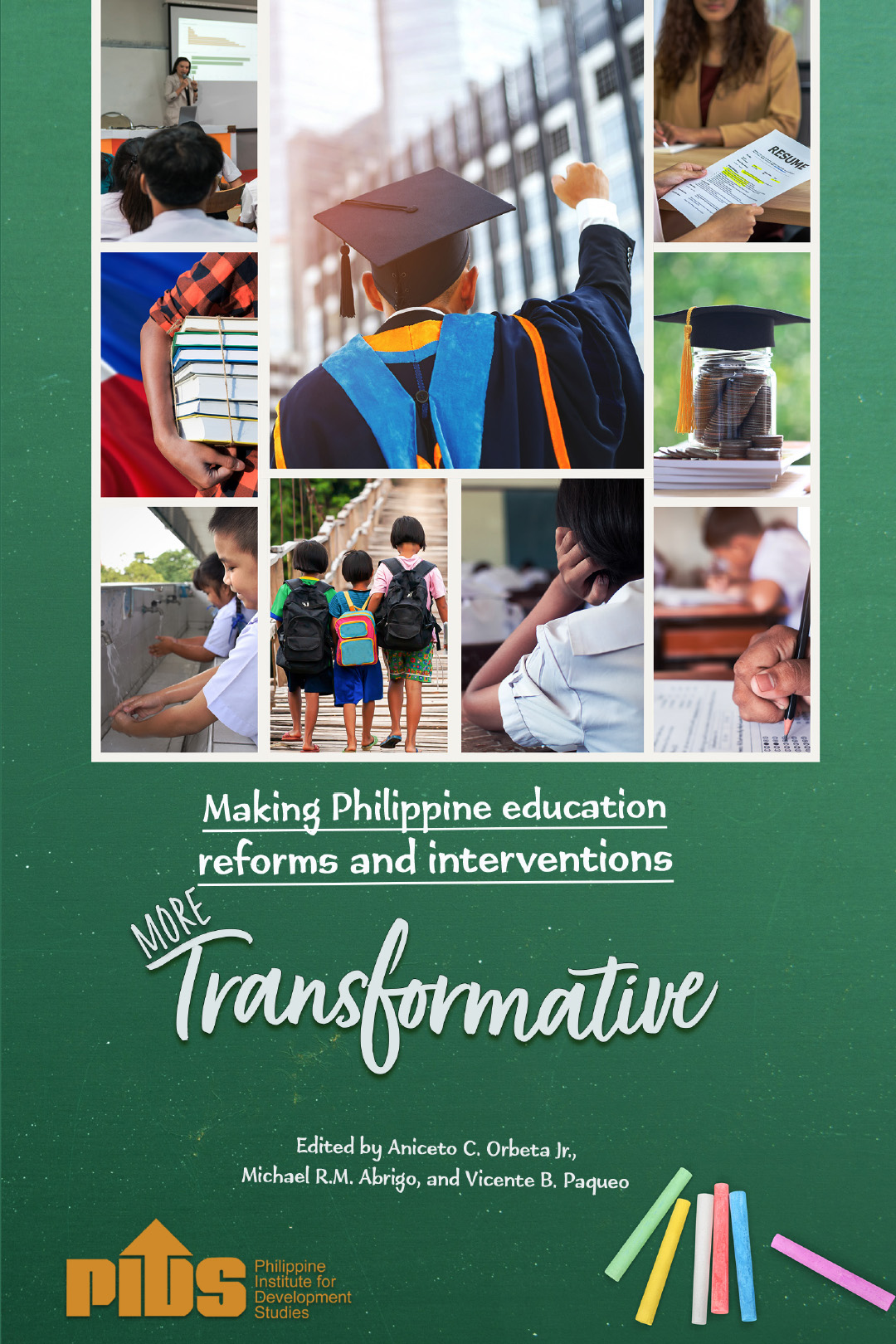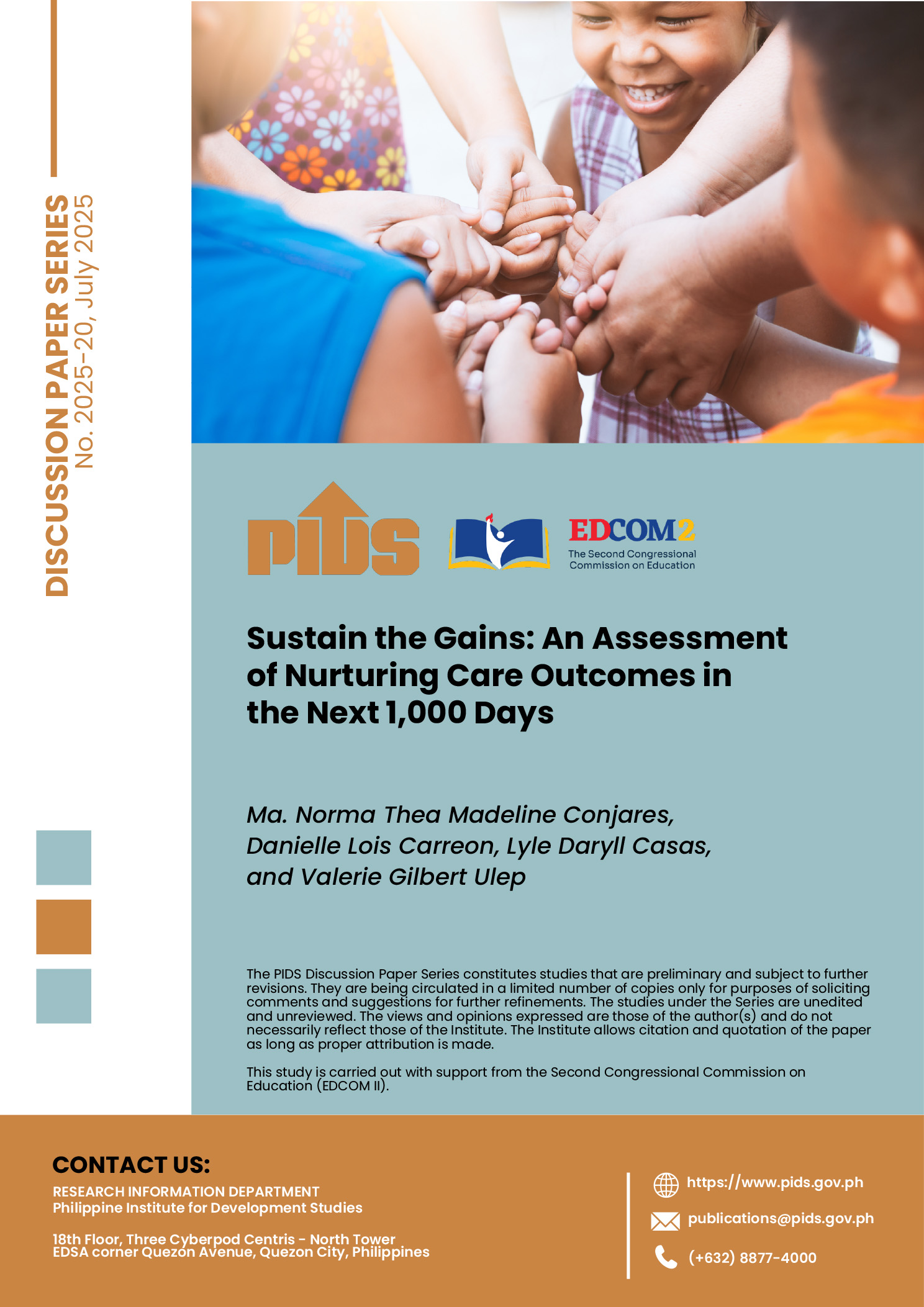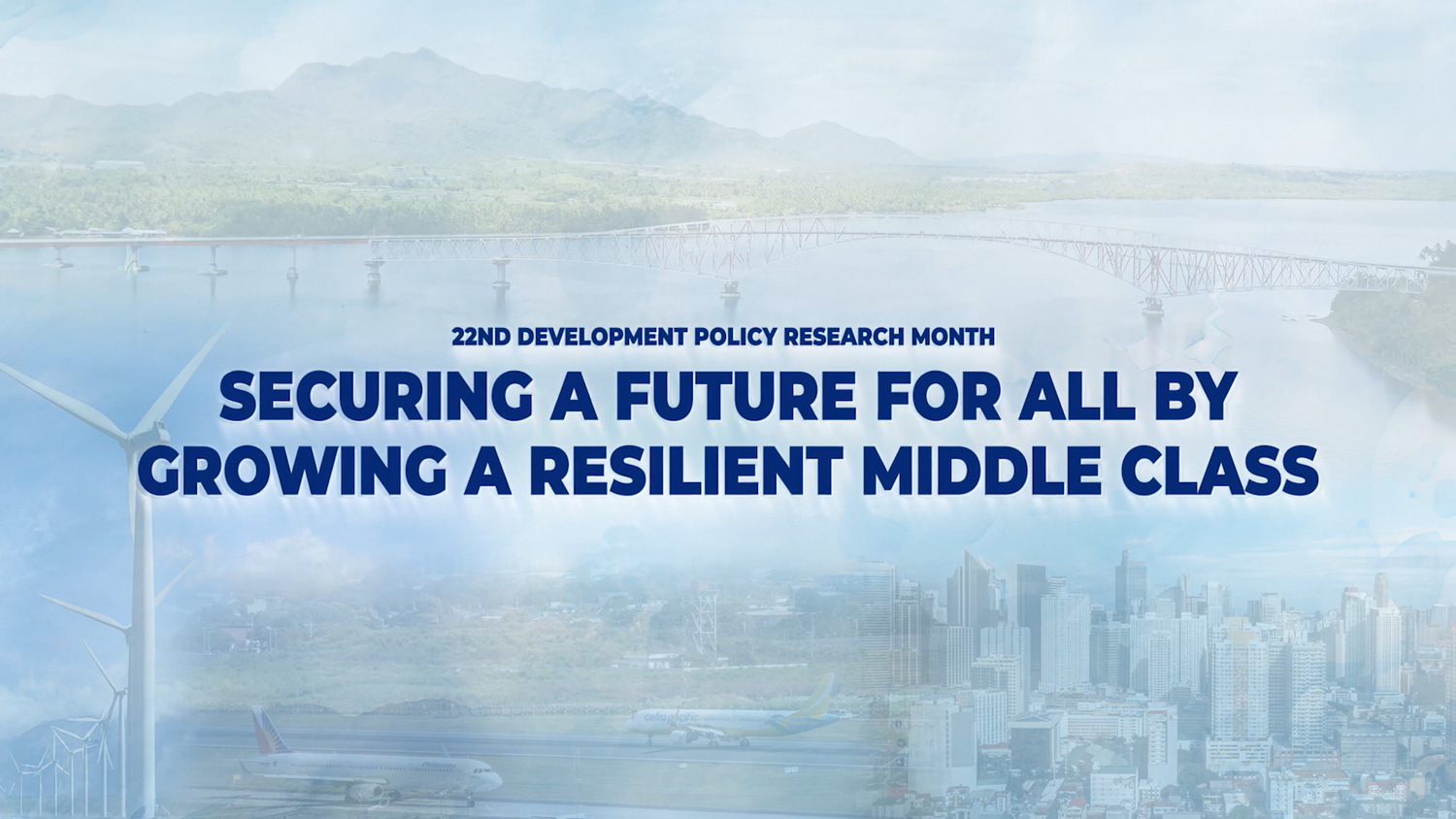MANILA, Philippines – President Ferdinand Marcos Jr. signed into law on May 8 the Early Childhood Care and Development (ECCD) Systems Act, aiming to strengthen, expand, and institutionalize a system through which children below five years of age access education, health, nutrition, and social services development programs.
The Second Congressional Commission on Education (EDCOM II) had lobbied for the passage of this law since 2023. Save The Children Philippines, which had contributed to the crafting of the law, called it a “big win” for children with disabilities.
“This new legislation is a major step forward in fixing the foundations of our education system,” Pasig Representative Roman Romulo, EDCOM 2 co-chair, said in a press statement.
“A child’s early years are critical. By prioritizing proper nutrition, quality early childhood care, and meaningful opportunities for play, we are giving every Filipino child the best start in life and shaping strong, capable future leaders of our nation,” he added.
ECCD touches on the numerous, crucial aspects of early childhood such as cognitive, physical, social, and emotional development, according to the Philippine Institute for Development Studies (PIDS).
In the newly-signed law, every barangay must have at least one Child Development Center, defined in the law as places where “children below five years of age are cared for during part of the day by ECCD service providers to deliver ECCD programs and services.”
Among these service providers are a child development worker and child development teacher, which each child development center must have. These centers are to be supervised by ECCD offices to be established by every provincial, city, and municipal government.
The local government units are mandated to provide funding through their Special Education Fund, Gender and Development Fund, and other local funds. They are to create plantilla positions for child development workers and child development teachers.
Along with this, the law also supports the professionalization of child development workers and teachers through the setting up of minimum qualifications, provision of training programs, and increase in salary grades.
In line with their new responsibility to implement ECCD programs, LGUs aiming for the Seal of Good Local Governance must demonstrate compliance with ECCD indicators, which will be developed and incorporated into the SGLG assessment criteria by the Department of the Interior and Local Government and the ECCD Council.
The new law repeals Republic Act No 10410, or the Early Years Act of 2013— the former foundational law for the Philippines’ ECCD system.
What it means for children with disabilities
Among the many provisions, however, a landmark feature of RA 12199 is that it seeks to champion inclusivity in ECCD for children with disabilities.
The new law mandates that the ECCD system set up a system of “early identification, prevention, referral, and intervention” for children with special needs who are below the age of five. This is to be done through the “Child Find System (CFS)” in RA 11650 or the Inclusive Education Act.
Through the CFS, young individuals and children with special needs who are not receiving any form of basic education or early education are identified and evaluated for necessary interventions.
Care for children with disabilities is explicitly mentioned in the part of the law which lists, among the ECCD system’s objectives: “Ensure that special support is provided in the delivery of the ECCD programs and services for the poor, disadvantaged, and minority communities, and that children with disabilities are accommodated through the most appropriate languages and means of communication, and in environments that maximize academic and social development.”
The system must also employ teachers “who are qualified to manage young children with development delays and disabilities,” including teachers with disabilities.
Why this matters
The 2022 statistics from UNICEF show that 1.6 million Filipino children live with disabilities. Likewise, it also stated that Filipino households that have children with disabilities are 50% poorer than other Filipino households with children.
Additionally, according to the PIDS, the Philippines remains a hotspot for child malnutrition and low participation in childhood education.
Child advocates have long worked towards including children with disabilities in this new ECCD law, citing the urgent need to fill the gaps in the provision of ECCD services.
“Children with disabilities often face delayed identification due to gaps in screening, social stigma, or lack of awareness among parents and frontline workers. These missed opportunities during early childhood have lifelong consequences. This law addresses those gaps head-on,” Joy Sampang, Save the Children Philippines technical advisor for ECCD, said in a press release.
Save the Children Philippines was part of the EDCOM II-led technical working group that formulated the ECCD Systems Act.
The organization was also one of those who championed the Inclusive Education Act which sought to improve access to education and other services of children with disabilities.
“The newly signed ECCD law builds on this by promoting inclusive care from birth, when intervention matters most,” said Save the Children Philippines.












